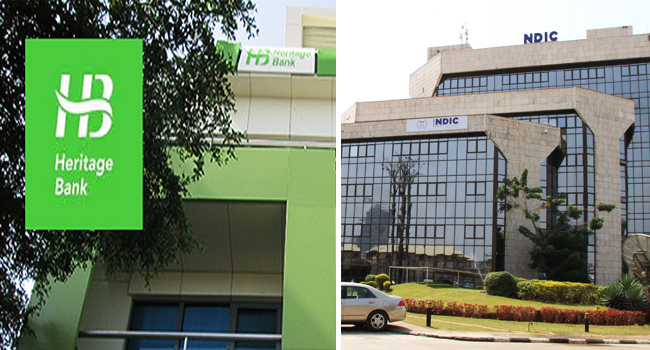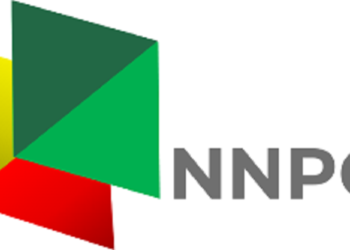Managing Director, NDIC, Mr Bello Hassan, gave the reassurance on Saturday during the 2024 edition of the NDIC Editors Forum in Lagos.
The theme of the conference is: “Strengthening Nigeria’s Financial Safety-Net: The Role of Deposit Insurance”.
Hassan, represented by NDIC’s Executive Director, Operations, Mr Mustapha Ibrahim, said the corporation was working diligently to facilitate payments.
Hassan explained that depositors with amounts above the maximum insured limit of N5 million were being reimbursed through liquidation dividends derived from asset recovery and debt realisation efforts.
“The corporation has initiated the process of debt recovery and realisation of investments as well as physical assets of the defunct bank to ensure timely payment of uninsured deposits,” he said.
He added that NDIC’s responsibilities also extend to creditors of the defunct bank, who would receive payments after all depositors had been fully reimbursed.
“This orderly process, based on asset realisation and prioritisation of claims, is essential for maintaining public trust in the banking system and promoting financial stability,” Hassan noted.
According to him, the theme of the conference is in line with the corporation’s recent engagement with business editors and finance journalists.
He emphasised NDIC’s mandate to protect depositors, especially the uninformed, and its commitment to financial system stability.
Established over three decades ago, the commision’s boss said that NDIC safeguards depositors’ funds and mitigates risks in the banking sector.
Responding to questions, Hassan provided updates on Fortune Bank, liquidated over a decade ago.
He told the News Agency of Nigeria (NAN) that NDIC faced challenges collating depositor data due to the absence of Bank Verification Numbers (BVN) at the time of the bank’s operation.
Bello, however, assured Nigerians of prompt payment of depositors of defunct Fortune Bank Plc.
He stated that litigation also delayed NDIC’s intervention, but added that payments had started for insured deposits, with efforts underway to pay the uninsured portion and other claimants.
“We’ve already paid the insured portion and are now paying the uninsured portion and other claimants,” Hassan said.
He assured of the commision’s continued awareness efforts to encourage more depositors to come forward.
Hassan commended the media for its role in the successful implementation of the deposit insurance system.
The Managing Director of the News Agency of Nigeria (NAN), Malam Ali Muhammad Ali, described the forum as an “eye-opener” for editors, enhancing their understanding of global financial sector trends.
Ali said the theme of the conference was apt and addressed worries caused by turbulence in the financial sector, especially in the banking sector.
Ali praised NDIC’s ability to secure 98 per cent to 99 per cent of depositors’ funds, reinforcing public confidence in the banking system.
According to him, the forum is a learning curve every year and editors are kept abreast with new information on the health of the global economy and the Nigerian economy.
Mr Eze Anaba, President of the Nigeria Guild of Editors, emphasised the forum’s importance, stating, “It is reassuring to know our banking sector remains stable despite the challenging economic situation.”
“We know how challenging the economic situation is. And it will be a double job if our banks are also not healthy. And listening to you here today, it’s reassuring for us to know that things are well,” he said. (NAN)









